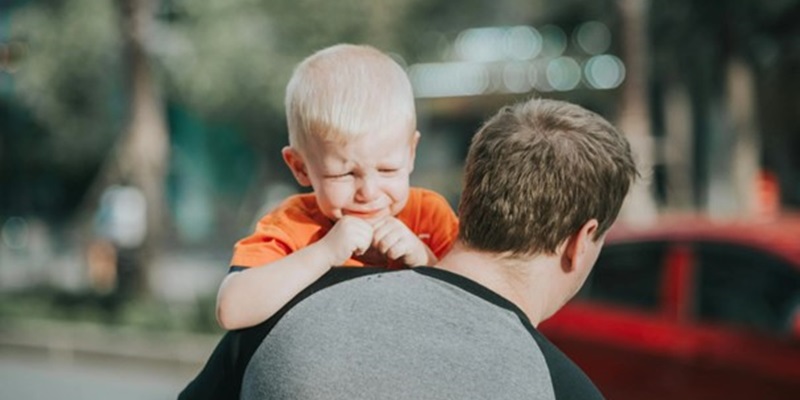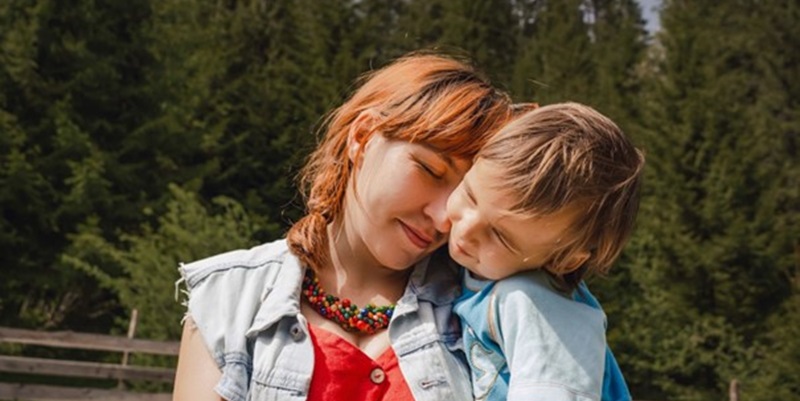Childhood and Mental Health: Early Signs Parents Shouldn’t Ignore

Childhood is a journey. It’s got its ups and downs, and it can be a tricky ride for any young parent to deal with the ebb and flow of the emotional rollercoaster that is having a child. In this bustling odyssey lies a responsibility that often goes unspoken: safeguarding the mental well-being of our children. Mental health in childhood establishes a crucial foundation that shapes a young person’s future resilience and emotional regulation. Recognizing the early signs of potential mental health challenges can be daunting for any parent. Nevertheless, understanding what these signs can look like and having open communication with children about their emotions are key steps in nurturing their mental wellness.
Parents, as well as professionals like psychologists or students who enroll in an online DNP in psychiatric mental health (or related degree), will understand the importance of these early warning signs, and how vital it can be to have a response that matches the severity of the signs exhibited. This article will explore what these signs look like and tips for a complete response so you can be the best parent possible for your child when they need you the most.
What Do the Signs Look Like?
Recognizing the signs of childhood mental health issues can be a complicated and involved task. Every child is different and symptoms have the potential to vary wildly, but there are a few common indicators that parents can look out for. Changes in behavior, mood swings, and difficulties concentrating can be early signs of underlying mental health conditions.
You know your child best: if they’re normally outgoing and love talking to other children, and suddenly they’re withdrawn or irritable, it could be an early sign of emotional distress. In the same vein, doing worse in school or not sleeping properly might also be indicators of underlying psychological issues.
Physical symptoms also play a role in early detection and can be some of the more obvious signs in children to alert parents that something is going on. Excessively frequent headaches, stomachaches, or other pains with no underlying health conditions or explainable medical cause could be a child’s response to stress or anxiety. Unexplained weight loss, weight gain, or sudden changes in appetite can also be red flags, especially among young teenagers.
How Can Parents Help?
Creating a safe space within a child’s home environment to express feelings is vital to make sure that they feel comfortable talking about their feelings. Initiating conversations about mental health and how the child is feeling is very important from a young age to break down stigmas and foster emotional intelligence, as well as building a language base to connect their words with physical feelings and emotions. Modelling this language could be as simple as saying: “I felt happy when I ate dinner, it felt like a warmth inside of my chest” to a child, and prompting them to respond in a similar way. Encouraging children to express their emotions without judgement while validating their feelings creates a foundation of trust that is essential to open communication.
Modeling coping mechanisms is also important when teaching children how to navigate stress and other difficult emotions. Things like mindfulness, physical exercise, or creative outlets can provide an avenue for children to develop emotional resilience and regulation skills from a young age.
Open communication and supportive parenting are great places to start, but if you’ve got serious concerns about a child, seek professional guidance. The importance of consulting with pediatricians or mental health professionals who specialize in children’s mental health cannot be overstated as they can address a child’s needs in a way that a parent without a qualification is unlikely to be able to achieve, especially when juggling parenting with other responsibilities like their professional lives. Early intervention with the assistance of a mental health professional can prevent more significant challenges in the future and provide children with the support they need to thrive, and that goes beyond childhood, too.
It’s important to remember that addressing mental health in childhood is never easy, nor is it something that you only address once. Parenting isn’t about just fixing problems when they come up, either – it involves creating an environment that nurtures mental wellness and resilience in our children, which ultimately results in independence by the time they’re adults. By looking out for early warning signs, fostering open communication, and seeking appropriate support, we can empower our children to navigate life’s challenges with confidence and emotional well-being.
In conclusion, childhood mental health is a cornerstone of overall well-being, and as parents, it’s crucial to devote time and care to it, just like you would for their physical health. Using the advice from this article, let’s prioritize our children’s mental health and lay the foundation for a brighter, healthier future.





